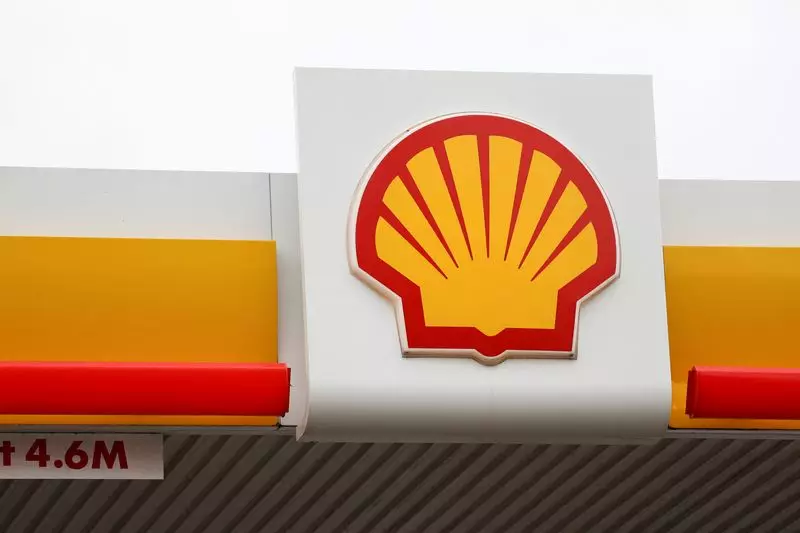Shell’s U.S. solar business, Savion, has recently announced plans to sell a quarter of its assets, signaling a significant shift in the oil major’s approach to owning renewable energy projects. This move comes as part of CEO Wael Sawan’s strategy to focus on more profitable ventures and reduce the company’s carbon footprint.
According to a marketing document and industry sources, Savion is looking to sell up to 10.6 gigawatts of solar generation and storage assets currently in development. These assets are located in the northeast, southeast, and west of the United States. While the total value of the assets remains unclear, project valuations are closely tied to power prices in their respective locations.
Wael Sawan, who took office as CEO in January 2023, has been vocal about Shell’s intention to focus on accessing low-carbon power that can be sold and traded, rather than owning generation assets with lower returns. This strategy marks a departure from the approach taken under former CEO Ben van Beurden, who aimed to grow in the low-carbon energy market.
Focus on Higher-Margin Projects
Shell’s current strategic focus lies in higher-margin projects, steady oil output, and increasing natural gas production. By divesting from certain renewables assets and other non-core businesses, the company aims to streamline its operations and improve overall profitability.
While valuations for renewables assets have decreased recently, they remain critical to the global energy transition. Interest rates are expected to decline, which could attract attention and investment to renewable energy projects in the future.
Company-Wide Restructuring
In addition to the sale of its U.S. solar assets, Shell has made other significant moves towards restructuring its business. This includes selling power retail businesses in Britain and Germany, exiting floating offshore wind projects, reducing its hydrogen business, and seeking to exit certain refining operations and onshore oil business in Nigeria. The company has also begun implementing staff reductions in its low-carbon solutions division as part of a cost-saving initiative.
Shell’s decision to sell a portion of its renewable energy assets reflects a broader shift in the company’s strategic priorities under CEO Wael Sawan. By focusing on higher-margin projects and divesting from certain businesses, Shell aims to position itself for long-term profitability while contributing to the global energy transition.

